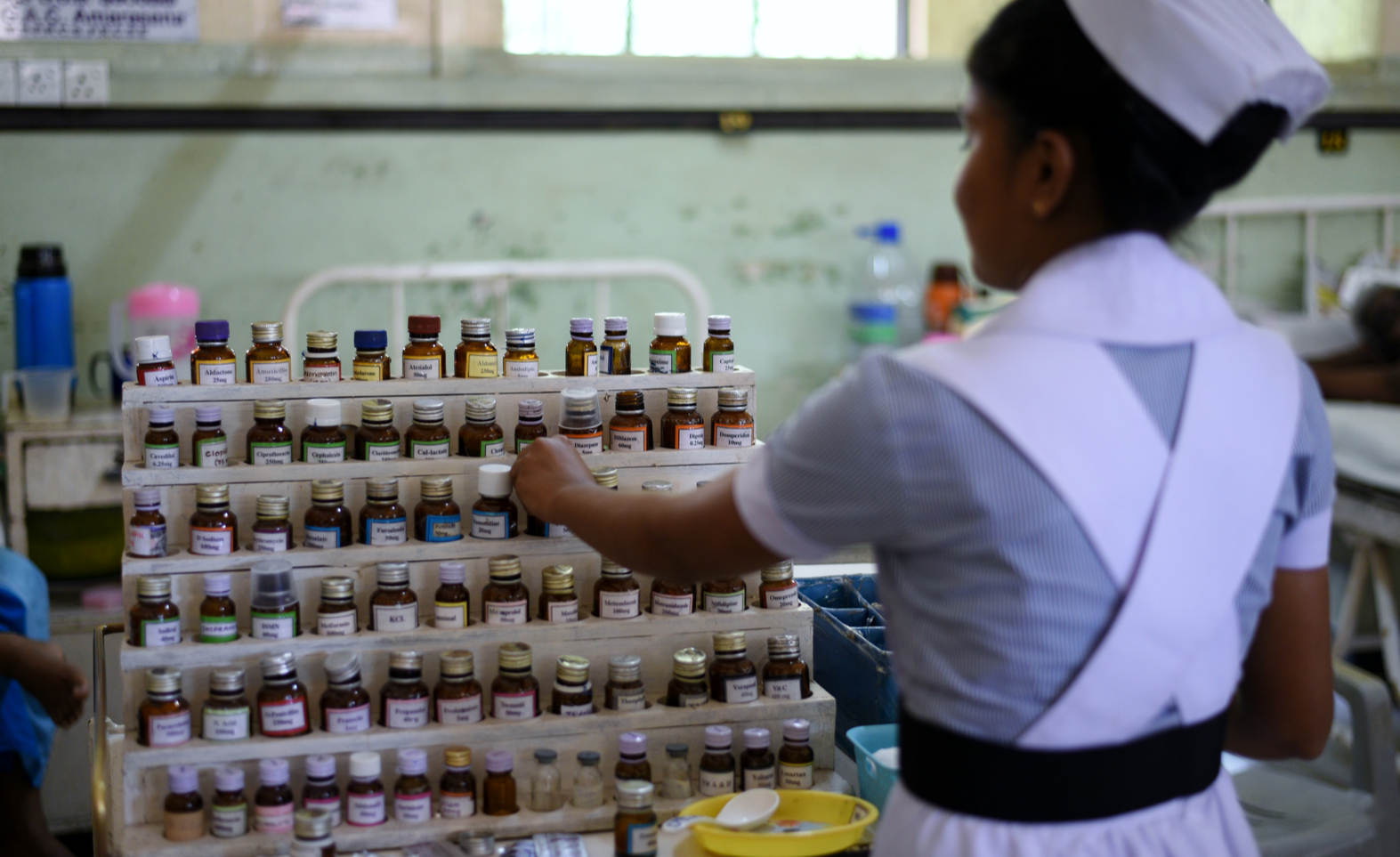
August 1, 2021
The Zone will be equipped with facilities to address 40% of domestic demand for pharma commodities.
Initiatives for potential investors include VAT, Customs Duty, Income Tax and Corporate Tax concessions.
India’s ‘Neighborhood First’ policy saw sustained healthcare interventions in Sri Lanka to combat COVID-19.
The January meeting saw both sides express interest in strengthening healthcare, finance, fisheries and defence cooperation.

Following a meeting between Dinesh Gunawardena, Sri Lanka’s Minister of Foreign Affairs, and Dr S Jaishankar earlier this year, Sri Lanka has expressed interest in eliciting Indian investment for the Hambantota Pharmaceutical Zone. The Zone has been developed with the potential to facilitate US$1 billion worth of exports by 2025 and will be equipped to address 40% of national demand for pharmaceutical products. Tax concessions and Airport Development Levies are on the anvil for Indian investors interested in the 400-acre project based in the Arabokka region. A meeting planned for August 5th between the Federation of Indian Export Organisations, and the Sri Lankan Board of Investment and the Pharma Manufacturers Association of Sri Lanka will help outline the schemes/subsidies pertaining to Value Added Tax as well as Custom Duties connected to raw material procurement, production and imports. Some of the other proposed benefits include income tax and corporate tax concessions.
The January 2021 meeting between Sh Dinesh Gunawardena and Dr Jaishankar formulated proposals to expand bilateral cooperation in the domains of pharmaceuticals, energy, finance, maritime security, connectivity, culture, infrastructure, post-Covid-cooperation, and the fisheries sector. Sh Gunawardena also acknowledged the timely and fruitful healthcare cooperation received as part of India’s ‘Neighbourhood First’ approach during the pandemic, and called for increased investment in multiple sectors to facilitate economic revival. 2018 saw as many as seven Indian companies making inroads into the food processing, pharmaceuticals, textiles, telecommunications, metal processing and ferrous metals industries in Sri Lanka. Initiatives such as the Hambantota Pharmaceutical Zone can help further the scope of bilateral trade and open up new markets for Indian offerings in Sri Lanka.
India is among the top ten trading partners of Sri Lanka and has been successfully embarking on bilateral trading initiatives since the India-Sri Lanka Free Trade Agreement of March 2000. As Sri Lanka will continue to remain an important stakeholder in bilateral trade, experts point out that the tariffs imposed on Indian products will have to be relooked at in order to facilitate ease of doing business.